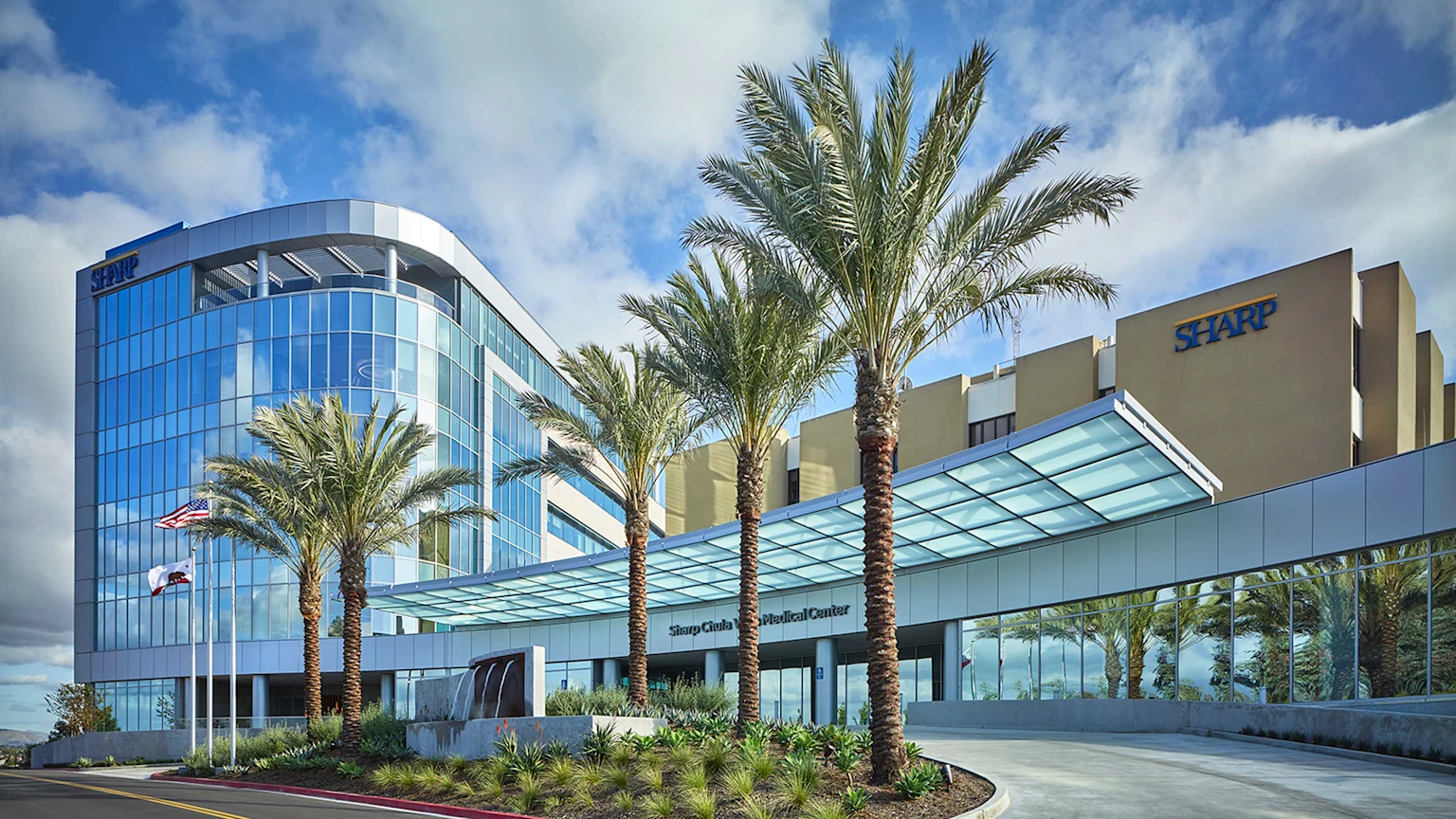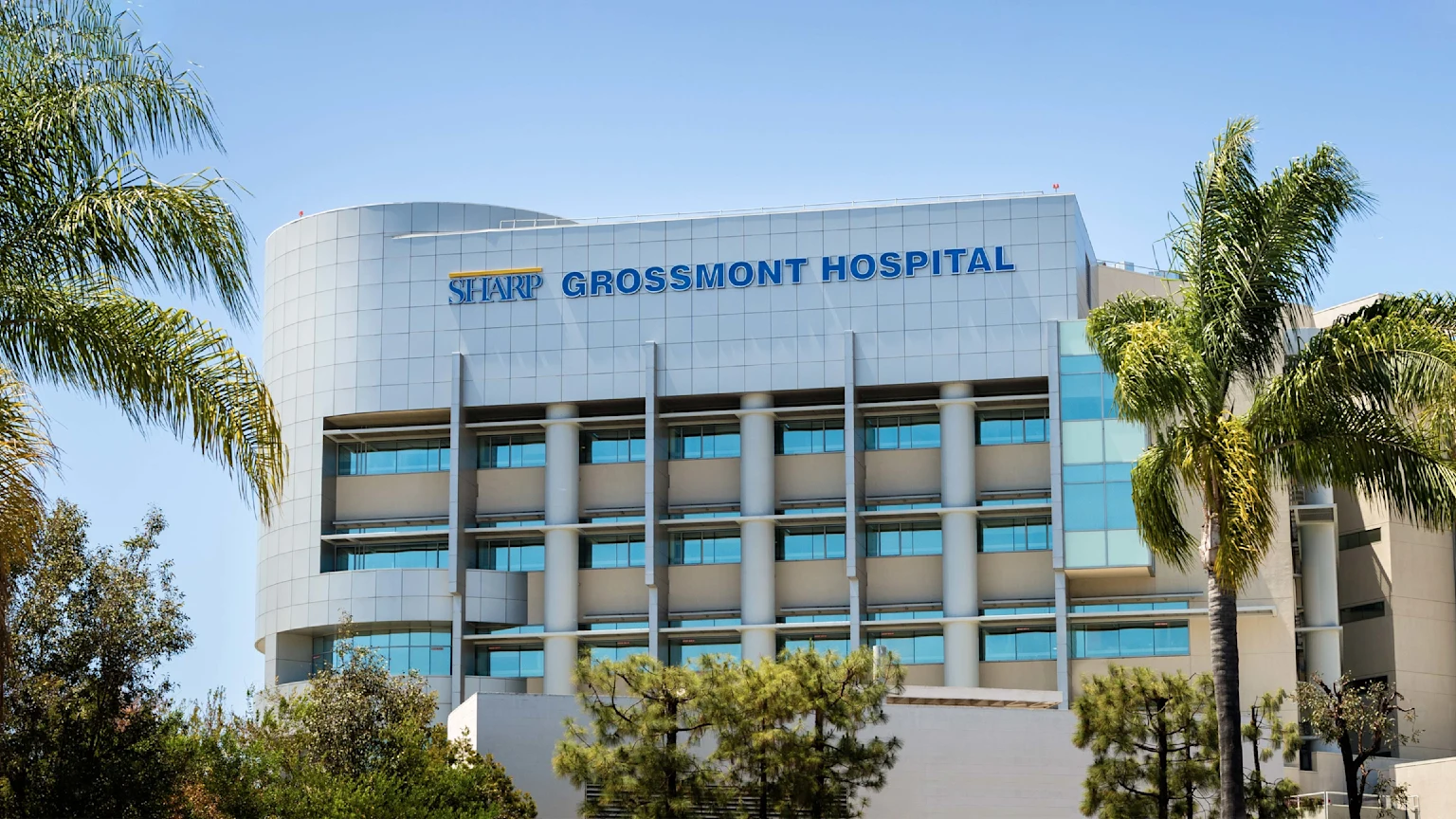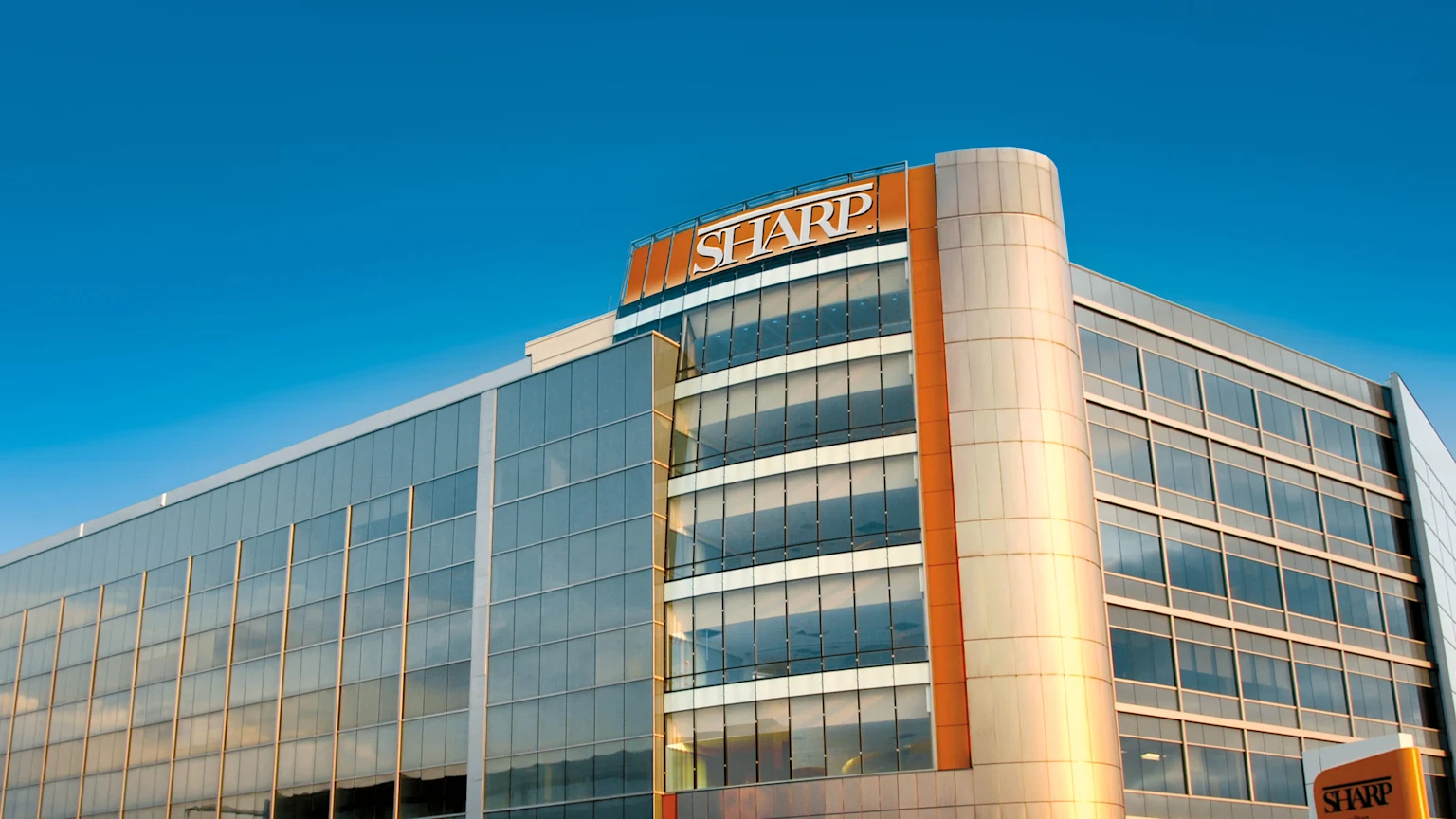Atrial fibrillation
At Sharp, we offer a full range of treatment options for patients with arrhythmias, or irregular heart beats. Our experienced team will help find the the best treatment plan to meet your needs.

Find an arrhythmia specialist
Choose the San Diego provider who's right for you.
An experienced team and advanced technology set us apart
An arrhythmia, or irregular heartbeat, occurs when there is a change in the heart's electrical impulses. If the impulses are too rapid or too slow, the abnormal rhythm causes the heart to pump blood less effectively.
A common condition associated with arrhythmia is atrial fibrillation (AFib), which occurs when electrical signals in the upper heart chamber (atrium) fire incorrectly. As a result, the heart beats out of rhythm — which can cause clots to form and travel to the brain, possibly blocking flow and causing a stroke. The longer your heart beats abnormally, the more difficult it is to reestablish a normal rhythm. This is why it’s important to seek AFib treatment sooner rather than later.
Using advanced procedures and state-of-the-art technology, our compassionate team of cardiologists, cardiovascular surgeons, electrophysiologists and nurse practitioners provides the extraordinary level of care Sharp is known for.
Advanced AFib treatment options
At Sharp, we offer a range of treatments for atrial fibrillation (AFib), including minimally invasive and surgical techniques. These options can dramatically reduce dependence on medications, reduce the risk of stroke and may even eliminate AFib entirely — allowing you to return to the activities you enjoy.
Preventing stroke from AFib
Sharp atrial fibrillation patient Nick Waln discusses how the Watchman™ left atrial appendage closure device changed his life.
Explore our heart classes
San Diego locations for atrial fibrillation treatment
We offer AFib treatment at hospitals across San Diego.



